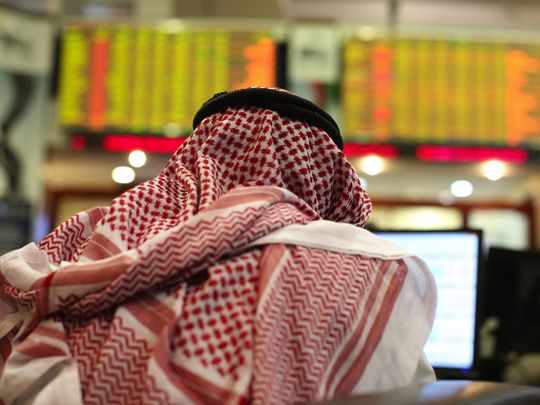
It is easy to forget how recent the massive purchases are of real estate by foreign nationals. Until 2005, the freehold phenomena was not considered worthy of being on the radar of foreign investors. Not until 2014 did foreign institutional investors start looking at flagship purchases of UAE real estate.
And it was not only 2021 did Dubai truly emerge as a destination for the ultra-high networth segment in residential real estate. In other words, between 2002 and 2005-06, there were all these deals being done that foreigners were simply not seeing because no one thought that they were for real. For all practical purposes, the real estate practices could have virtually be seen as a kind of a trade barrier.
Similar sentiments were echoed until recently about the state of the capital markets in the UAE as well; what is astonishing has been the speed with which the uptake has been of the latter by foreign investors.
While there are all sorts of reasons for this, two factors stand out. Firstly, the speed with which the UAE implemented liberalization reforms, especially after the pandemic. This has been widely reported by all the stakeholders involved. Secondly, the rise of inflation gave way to the long held - and somewhat flimsy - reasoning behind the rise of all things fanciful - businesses and companies whose sole purpose for existence was to accumulate losses (Gamestop anyone?).
A doubling down on bottom-lines
As interest rates marched higher, there was a sudden need for all things that generate cashflow as investors started to look at the bottom-line and found that valuations mattered. What this has meant for the local economy has been a steady rise in the employment of real estate professionals, is now giving way to stock brokers, as there is an increasing demand to decipher all things financial in the capital markets.
Prior to this recent boom, capital markets were hardly seen as a lucrative field for young graduates, a puzzling outcome given the status of the country as the regional and international financial hub. Real estate attracted all the educated elite for development and intermediaries, but capital markets did not serve as a similar magnet until the spate of IPOs.
Creating the jobs too
This made sense, because there was hardly any liquidity in the capital markets, and even less interest from the foreign investor class. Contrary to what was happening in the West, the UAE was not seeing the kind of employment generation in the capital markets that was seen in the rest of the world and considered a vital aspect of economic development.
The ensuing job rush, following the IPO boom has gone largely unreported, with the press instead focusing on the international talent that has been relocating to the UAE. This is in stark contrast to what we see in the real estate markets, whereby hardly a day goes by without some sort of ‘open house’ to attract real estate professionals, who come from all corners of the globe.
Talent will remain
The current IPO boom will abate, but will carry on is the corporate activity and therefore the secondary market liquidity that will increase exponentially, drawing with it the expertise to discern value and build portfolios. From the media to brokerages, all roads now lead to the capital market activity.
Now that private sector companies like Bayanat, Taaleem and Americana have entered the capital markets, there is a new reality that has set in. Rather than chase day trading shops that cater to Western markets, there has been a clamor for financial talent in encouraging secondary market activity (both short and long term) in all things domestic.
The earlier obsession for all things Western was one of the bizarre consequences of development. It ignored the burgeoning opportunities that were abound if only one could look at it. The Americana IPO cemented the point that the current capital market boom is not merely a fad.
With a pipeline of more than a dozen IPOs yet to hit, even as more companies race to capitalize on the liquidity boom, there is another battle raging on in the sidelines. One of talent in order to guide investors to the plethora of opportunities. In many ways, the UAE capital market boom resembles that of 1950s America with one exception; this is a market friendly to newcomers.
That has been the singular achievement of the UAE, and the country as well as its stakeholders are poised to reap its benefits.













